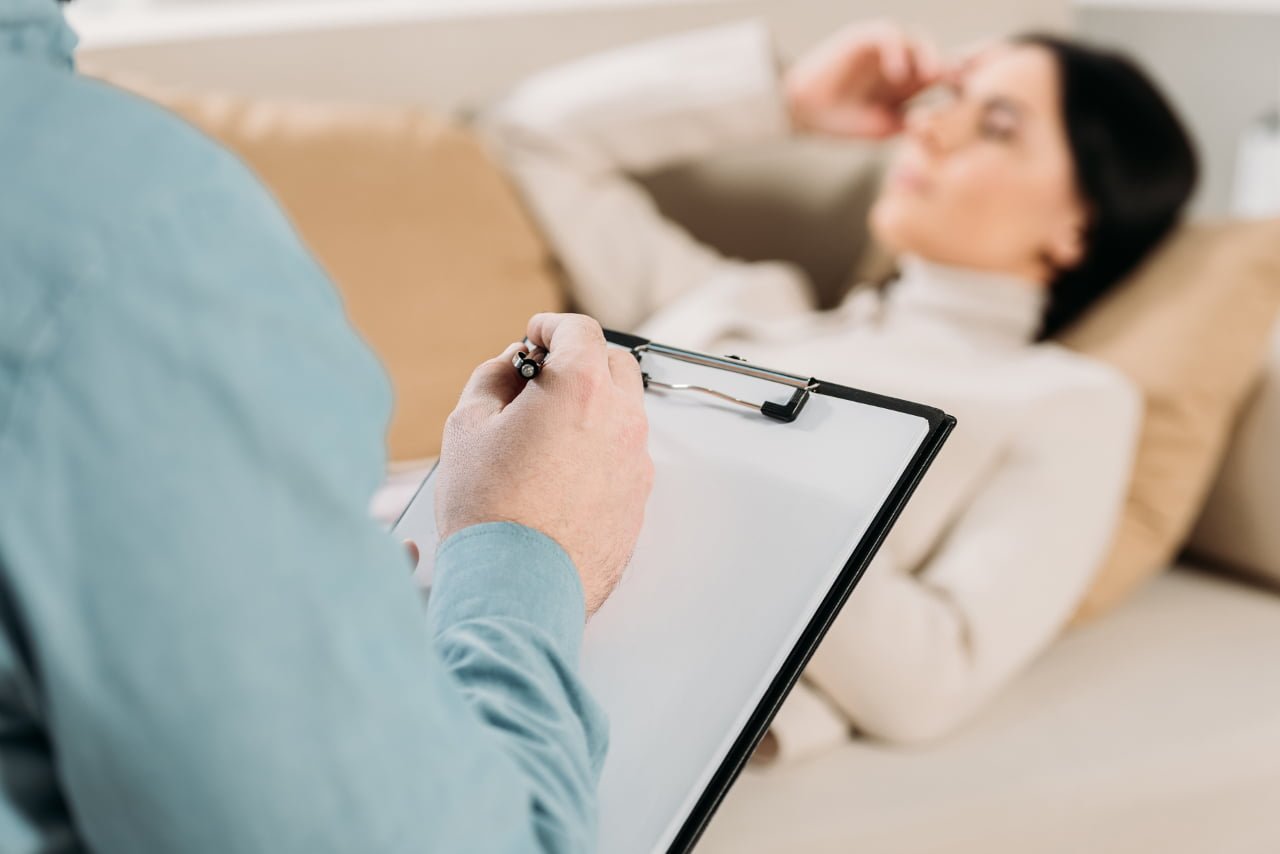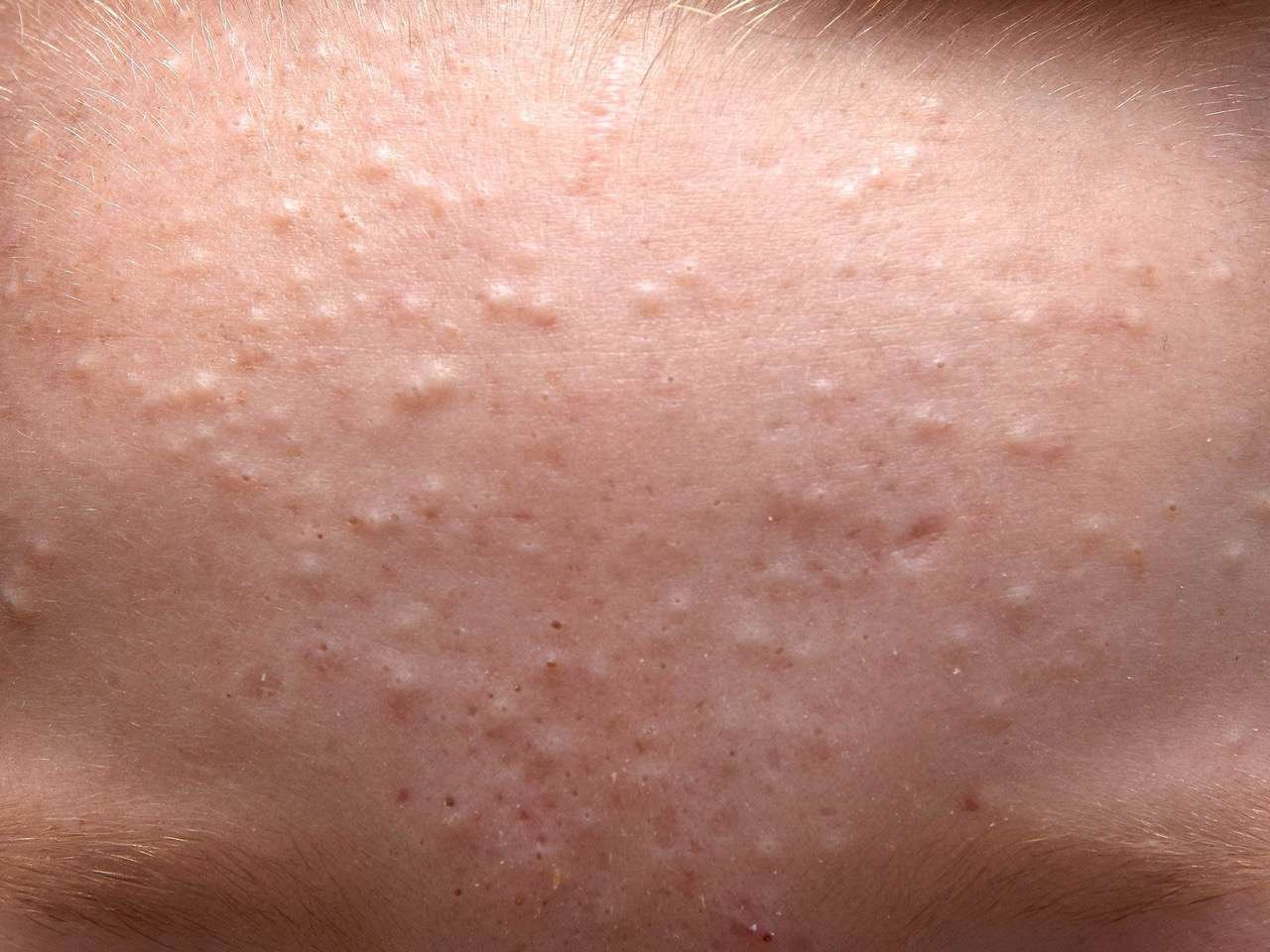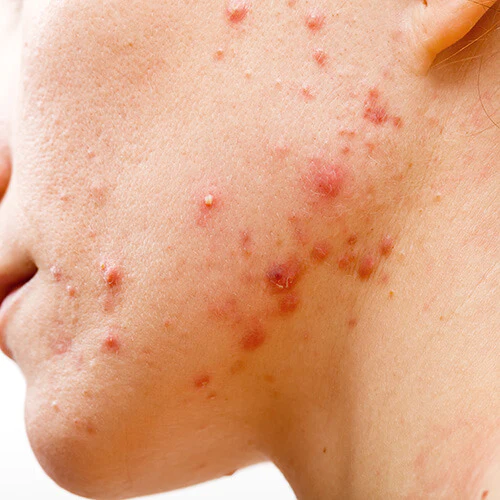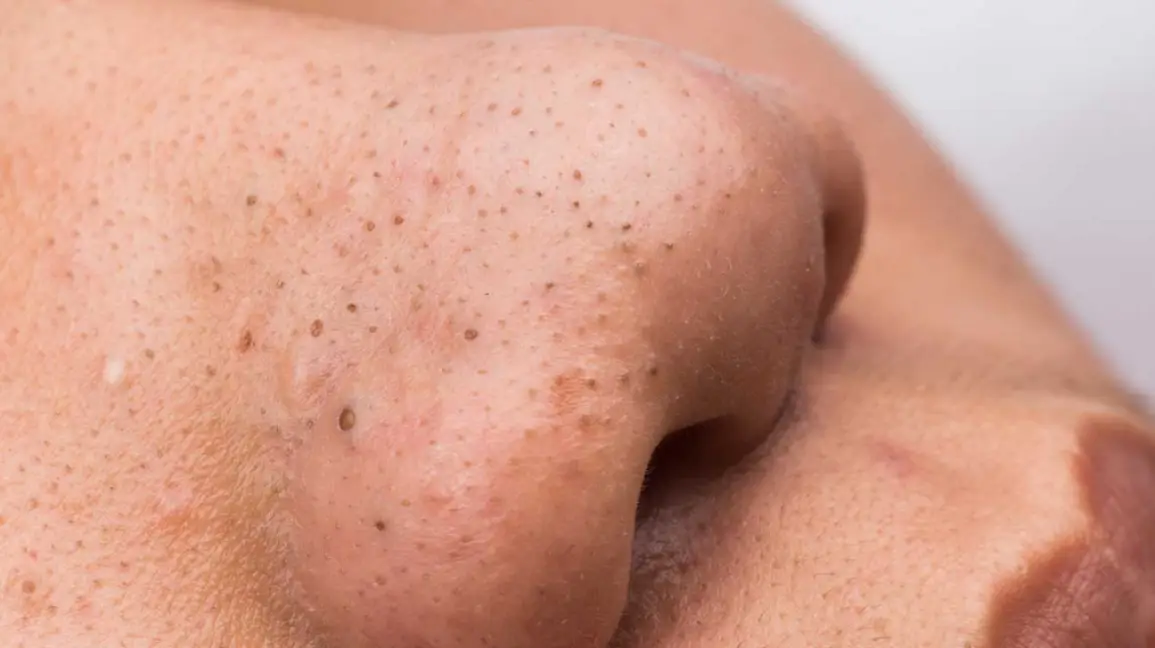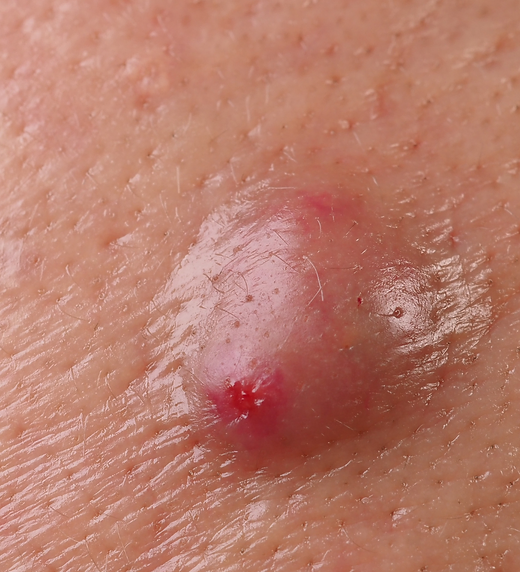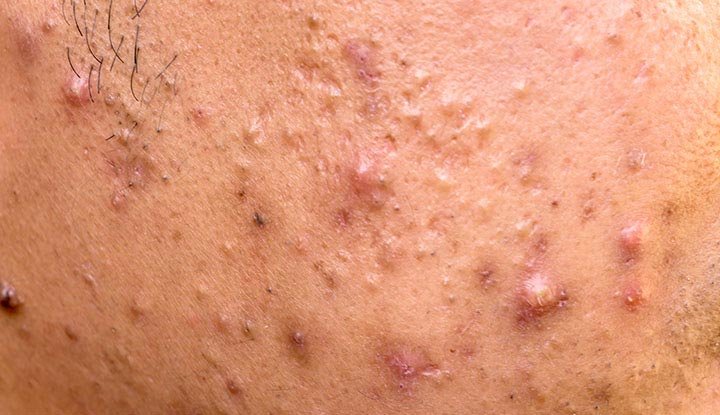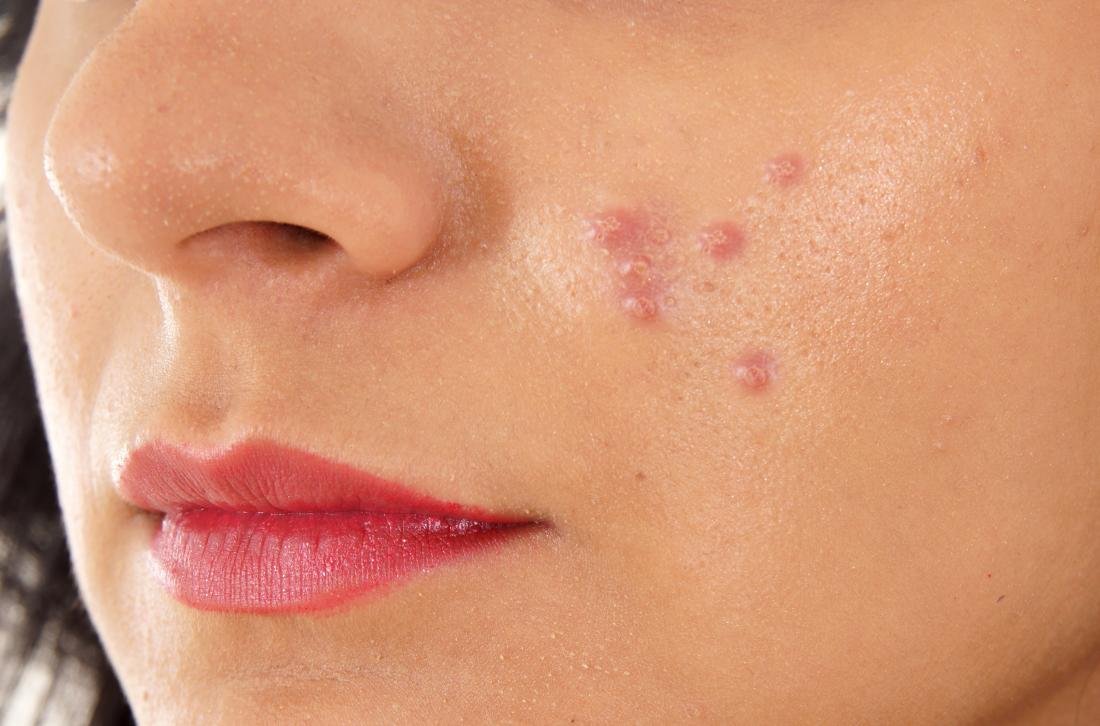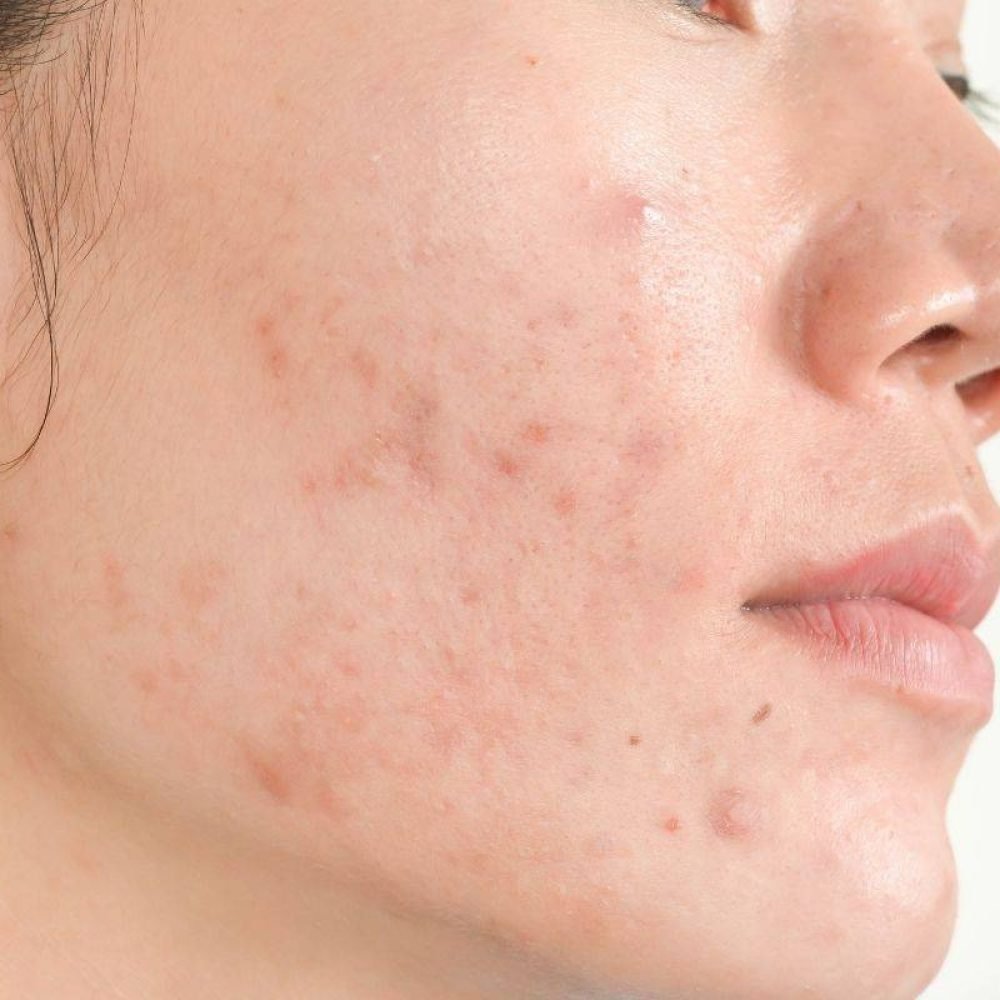

What is Acne?
Acne is a skin condition that affects 9.4% of the global population. Pimples, occur when hair follicles become clogged with oil and dead skin cells, creating an environment where bacteria thrive and cause inflammation. This can result in various types of acne lesions, including blackheads, whiteheads, cysts and others which often appear on the face, forehead, chest, upper back, and shoulders. Acne is a common condition, especially among young people, but it can affect people of all ages and is on the rise amongst adults.
Acne usually begins with the onset of puberty and is most common amongst teenagers and young people. It usually resolves on its own but sometimes becomes such a severe and ongoing condition that it can begin to impact your self-esteem and thus many other areas of your life. Although less common, acne can also begin at any age.
Types of acne
Symptoms of acne:
- Whiteheads: small white spots under the skin
- Blackheads: small, blocked pores sealed with a black plug
- Papules: small red, sore bumps
- Pustules: papules containing pus
- Nodules: large painful lumps under the surface of the skin
- Cystic lesions: pus-filled lumps under the surface of the skin which are often painful
Triggers of acne:
- Hormonal changes
- Excess sebum (oil production)
- Accumulation of dead skin cells
- Bacterial infection inside the follicle
- Certain medications including corticosteroids and lithium
- Sugar and dairy products
- Stress
- Genetics
Causes of acne
Conventional Medicine
According to conventional medicine, acne occurs when hair follicles become clogged with oil and dead skin cells and is the result of excess oil production, hormonal changes, bacteria and inflammation of the hair follicles. Approach to treatment aims to manage the symptoms of acne and may involve:
Topical treatments like benzoyl peroxide and retinoids to reduce acne lesions.
Oral medications such as antibiotics, oral contraceptives, or isotretinoin.
In-office procedures like chemical peels or laser therapy.
Functional Medicine
In functional medicine, the focus is on addressing the causes of acne, such as inflammation, gut health, hormone imbalances, and nutritional deficiencies. Treatment may involve:
Identifying food sensitivities and creating a personalized diet plan.
Balancing hormones through lifestyle changes and natural supplements.
Addressing gut health with probiotics and other digestive support.
Recommending stress-reducing techniques like mindfulness, meditation or hypnotherapy.
Chinese Medicine
In Chinese medicine, acne is typically seen as a manifestation of imbalances within the body, often related to the flow of Qi (life energy) and blood. In Chinese medicine, the approach to treating acne is holistic, focusing on addressing the root causes of the imbalance within the body, as opposed to just the symptoms. By restoring harmony to the body’s internal systems, Chinese medicine aims to promote long-term skin health and overall well-being. Causes of acne can include heat, dampness, stagnation of blood, and yin-yang imbalance.
Treatments may include:
Acupuncture: to help rebalance the flow of Qi and blood and address the underlying imbalances that are contributing to the acne.
Herbal medicine: chinese herbal formulas tailored to individual patterns of imbalance are commonly prescribed to treat acne.
Dietary therapy: a diet rich in certain fresh fruits and vegetables, whole grains, and lean proteins may be recommended to support overall health and balance. Avoiding greasy, spicy, and inflammatory foods may also be recommended.
Lifestyle modifications: stress reduction techniques such as meditation, qigong, or tai chi to help regulate emotions and promote relaxation, thereby reducing stress-related acne. Regular exercise and maintaining healthy sleep habits are also considered important for overall well-being and skin health.
Impacts of acne on mental health, confidence and self esteem
Though often overlooked, acne can significantly impact your self-esteem and overall psychological well-being. The extent and nature of the impact often varies from person to person, but there are several common ways acne is known to affect your self-esteem.
Social Withdrawal: if you have acne, you may avoid social interactions due to feelings of embarrassment or worries about negative evaluations from others. This can lead to a decrease in social activities, isolation, and loneliness.
Reduced Self-Image: acne, especially when severe, can lead to a negative body image. You may feel unattractive or focus excessively on your skin’s appearance, which can diminish overall self-worth and confidence.
Mood Disorders: there is a higher prevalence of anxiety and depression amongst people with acne. The stress of managing a visible skin condition can also lead to or exacerbate these conditions, further impacting your quality of life.
Performance Impact: decreased self-esteem and increased self-consciousness can affect your performance in school, work, or other activities. You might be less likely to participate, speak out, or engage fully in tasks due to your concerns about your acne.
Interpersonal Relationships: acne can have an affect your relationships as you may feel judged or stigmatized based on your skin condition. It might also affect intimacy and your ability to form close personal relationships.
Daily Stress and Frustration: from dealing with ineffective treatments to facing unexpected breakouts can be a source of ongoing stress and frustration, shame, anger contributing to lowered self-esteem and mood changes, which can unfortunately create more acne.
Bullying and Stigmatisation: acne can make people the target of bullying and stigma. This can create more stress and frustration, impact mental and emotional wellbeing and ultimately worsen acne in the long run.
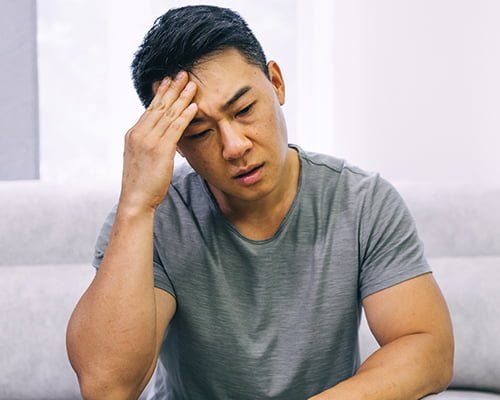
How does clinical hypnotherapy help to treat acne?

Hypnotherapy can help address the root cause of acne in many ways. By targeting and dissolving any possible underlying unconscious issues that may be leading to or exacerbating acne.
This may include issues around stress, anxiety, self-esteem or other factors.
Unravelling any issues that can contribute to acne, can improve emotional well-being which can in turn reduce stress levels.
All this can positively impact hormonal balance, gut bacteria, cortisol levels and therefore overall skin health.
Additional benefits of Hypnotherapy as a treatment are that it is easy (you just sit back and relax) and promotes deep relaxation which can be very healing.
Acne often causes stress and frustration, which can unfortunately then lead to more acne.
Since hypnotherapy is based on deep relaxation, treatment can help you break this vicious cycle.
Easy self-hypnosis tools given to you by your hypnotherapist can also enhance your ability to manage stress in future, which can have a positive effect on long term treatment outcomes.
The other benefit of clinical hypnotherapy is that it can also be used in conjunction with any other treatments that you may be undergoing.
How does clinical hypnotherapy help treat the psychological impacts of acne?
Hypnotherapy is a holistic treatment which can help to address the psychological and emotional impacts of acne.
By leveraging the power of suggestion and deep relaxation, hypnotherapy aims to reframe negative thought patterns, reduce stress, and boost self-esteem.
This can help individuals better cope with the emotional aspects of acne, such as frustration, embarrassment, or insecurity.
At the same time, clinical hypnotherapy can help to dissolve the actual underlying unconscious factors that could lead to acne, thus providing a comprehensive treatment that supports overall well-being.
